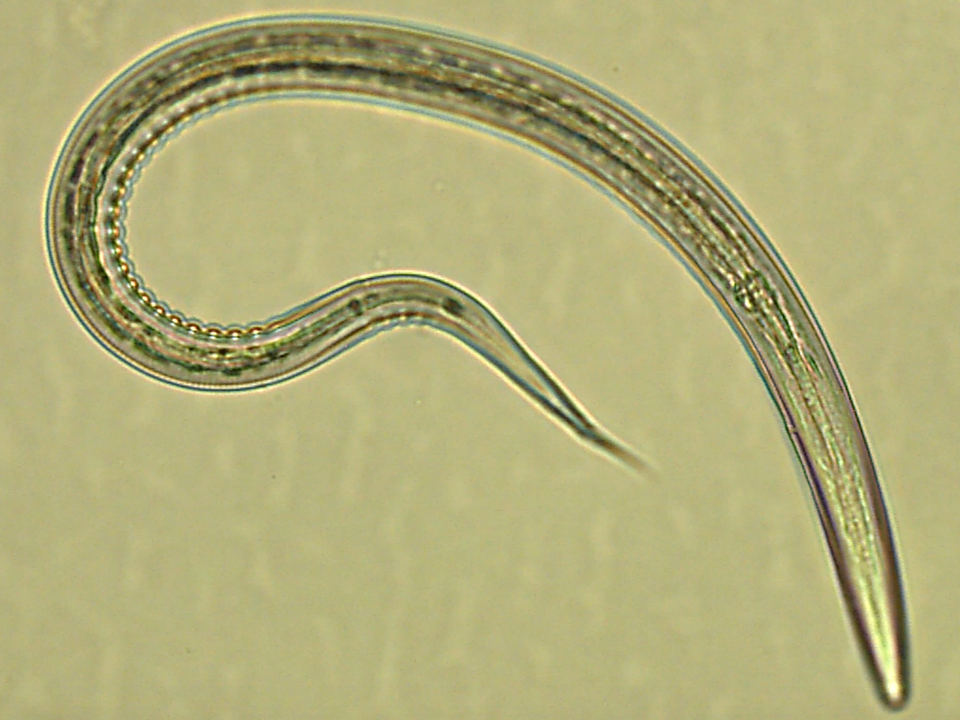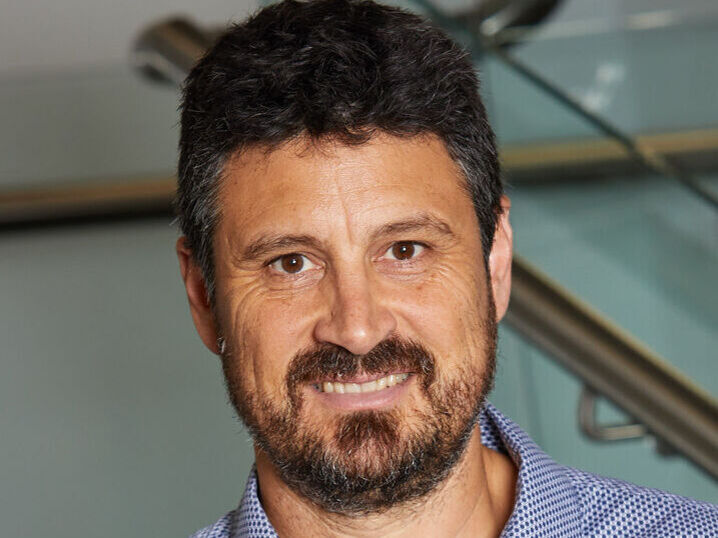
##MP##
A new project conceived by a James Cook University researcher aims to create genetically modified hookworms that will protect frontline soldiers against chemical and biological attacks.
Molecular parasitologist, Professor Alex Loukas and Dr Paul Giacomin’s teams from James Cook University’s (JCU) Australian Institute of Tropical Health and Medicine will receive nearly US $2.5 million over five years to conduct research.
The funding is part of the US Government’s Defence Advanced Research Projects Agency (DARPA).
Professor Loukas told Tropic Now the global project will create genetically modified hookworms that can secrete protections against bioweapons into a human body.
##BA##
He said it builds on his hookworm trials currently underway into whether the parasites can assist with auto-immune and inflammatory diseases.
“I was one of the lead people conceiving the project, which centres on two different parasites, and hookworms are one of them which we will be focusing on here at JCU,” he said.
##PQ1##
“We’ve got colleagues in the US who are experts on the genetic engineering side and they will be using the CRISPR gene editing technique to introduce foreign genes into the worm genomes and they will be encoding therapeutic molecules in those genes for use against bioterrorism agents, for example anthrax.
“They’ll then test them on animals.
“If everything goes well, at the end of the five year program we’ll be testing the safety and efficacy with humans in a clinical trial.”

Professor Loukas assured Tropic Now the human trials will not involve exposing participants to any bioweapons.
“When small laboratory animals are infected with the GM worms, they can be exposed in highly secure US labs to some of these biowarfare agents,” he said.
“Once human subjects are infected, we have to rely on findings from these animal models to assume whether the treatment will be efficacious.
“We can obviously measure the concentration of those therapeutic molecules in the blood of a human subject infected with GM worms.”
Already, Professor Loukas has around 300 volunteers – many of them from North Queensland – who are infected with hookworms as part of trials for conditions including coeliac’s disease and type-two diabetes.
“The worms are little factories that will happily and quietly live inside people,” he said.
##PQ2##
“When you want to get rid of them, you just take an over-the-counter worming medication.”
The hookworms aren’t the variety of parasite that cause itchy bottoms.
However, the eggs are harvested from participants’ poos and hatched and grown at JCU's labs, to enable expansion of research.
“It’s a shitty job,” Prof Loukas laughed.
"We usually provide a small poo pot and get them to hand deliver to the lab in Brisbane or Cairns, but if off site they mail it."
While his latest project is aimed at minimising the requirement for troops to carry bulky and cumbersome personal protective equipment into battle, Professor Loukas said the technology will have many other applications.
“We envisage having hookworms in the gut for not just bioterrorism agents but inflammatory bowel disease," he said.
"Hookworms on their own have anti-inflammatory properties and if we can have the worms not only secreting their own goodies but also engineer them to create other antibodies, there are so many uses."
Six other international universities and companies are involved in the program.
A Dutch team will be testing another parasite, a flatworm called blood fluke.
Main points
- Genetically modified hookworms could protect frontline soldiers against chemical and biological attacks
- James Cook University is enrolling participants to trial a new type of hookworm for the project
- The global initiative has received funding from the US Government




